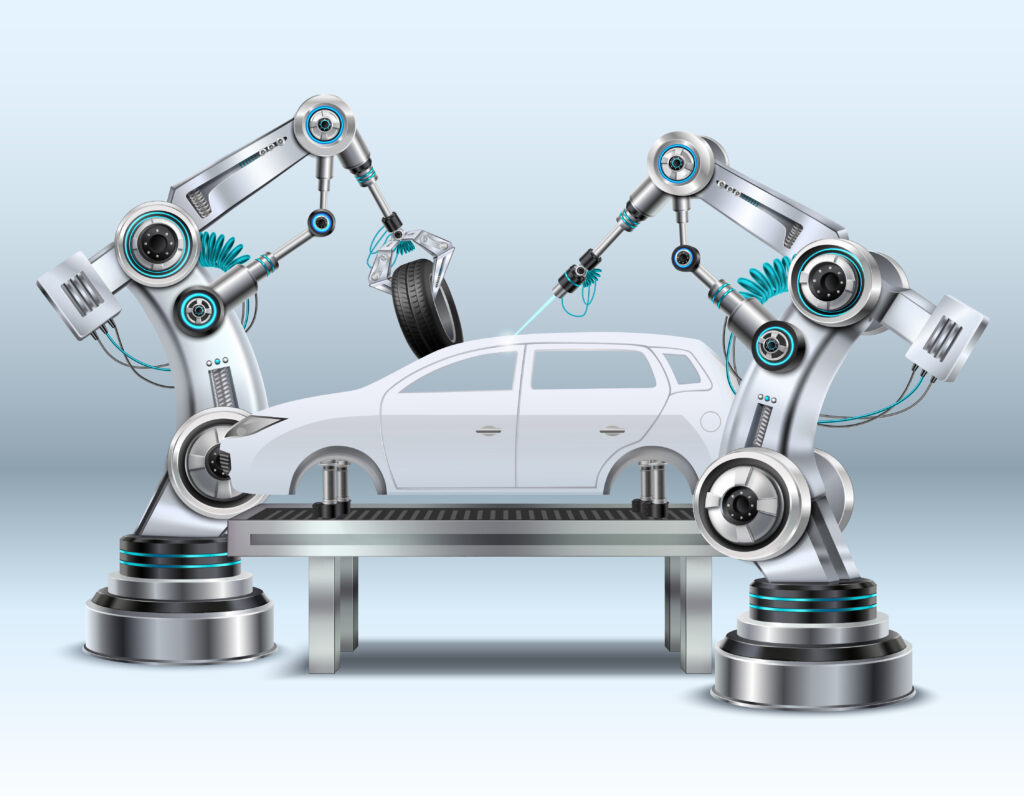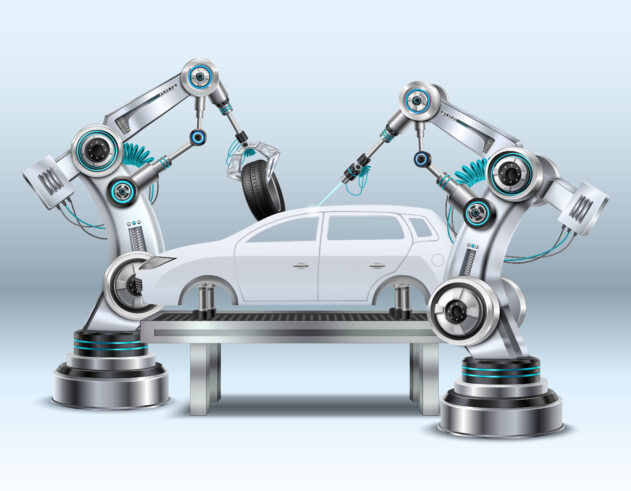
Artificial Intelligence (AI) has ushered in a new era of innovation in the automotive industry, transforming the way vehicles are manufactured, operated, and maintained. From autonomous driving capabilities to advanced safety features, AI applications have significantly enhanced the driving experience while pushing the boundaries of what is possible in modern vehicles. In this article, we explore the profound impact of AI in the automotive sector, examining its diverse applications and the latest developments that are reshaping the future of transportation.
**1. *Autonomous Driving and Self-Driving Cars:*
AI plays a central role in the development of autonomous vehicles. Machine learning algorithms process vast amounts of data from sensors, cameras, and LiDAR systems, enabling cars to perceive and respond to their surroundings. Advanced AI algorithms are making self-driving cars safer and more reliable, paving the way for a future where human intervention may no longer be necessary.
**2. *Predictive Maintenance and Vehicle Diagnostics:*
AI-powered predictive maintenance systems analyze data from sensors and onboard computers to predict when components are likely to fail. By detecting issues before they escalate, these systems help car owners and manufacturers schedule timely maintenance, reducing downtime and repair costs. Additionally, AI-driven vehicle diagnostics enable mechanics to identify problems more quickly and accurately, streamlining the repair process.
**3. *Enhanced Driver Assistance Systems (ADAS):*
AI is at the core of Enhanced Driver Assistance Systems, offering features such as adaptive cruise control, lane-keeping assistance, and collision avoidance. These systems rely on AI algorithms to interpret real-time data, providing drivers with warnings and assistance to improve overall safety on the roads. AI-powered ADAS not only enhances safety but also lays the groundwork for fully autonomous driving.
**4. *Natural Language Processing (NLP) for In-Car Voice Assistants:*
AI-driven voice assistants in cars leverage natural language processing to understand and respond to verbal commands. Drivers and passengers can control various functions, such as navigation, music, and climate control, using voice commands. NLP technology is making in-car interactions more intuitive and convenient, enhancing the overall user experience.
**5. *Smart Traffic Management and Navigation:*
AI algorithms process traffic data in real-time, enabling smart traffic management systems. These systems optimize traffic flow, reduce congestion, and improve overall transportation efficiency. AI-powered navigation apps analyze traffic patterns and suggest the fastest routes, saving time and fuel for drivers. These developments are particularly significant in urban areas where traffic congestion is a pressing issue.
**6. *AI in Vehicle Design and Manufacturing:*
In the design and manufacturing process, AI is used to optimize vehicle structures, making them safer and more fuel-efficient. Generative design, a technique that involves AI algorithms creating and testing numerous design iterations, helps engineers find the most efficient and lightweight structures. Additionally, AI-driven quality control systems identify defects in manufacturing processes, ensuring higher standards of production.
In conclusion, the impact of AI in the automotive industry is transformative, revolutionizing both vehicle technology and the driving experience. As AI continues to advance, we can expect further innovations, making vehicles safer, more efficient, and more intuitive to use. These developments not only benefit consumers but also contribute to the ongoing evolution of transportation, shaping a future where cars are not just means of transportation but intelligent, interconnected entities, enhancing our lives in myriad ways.



